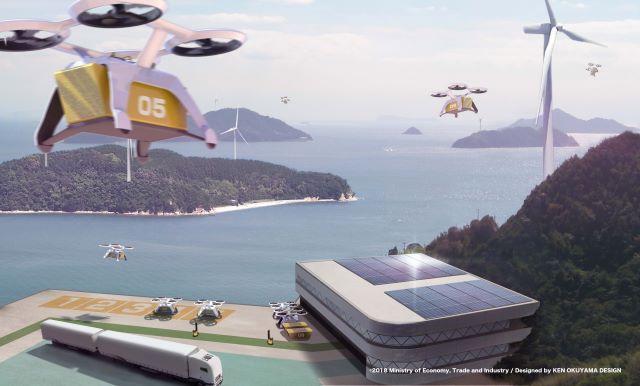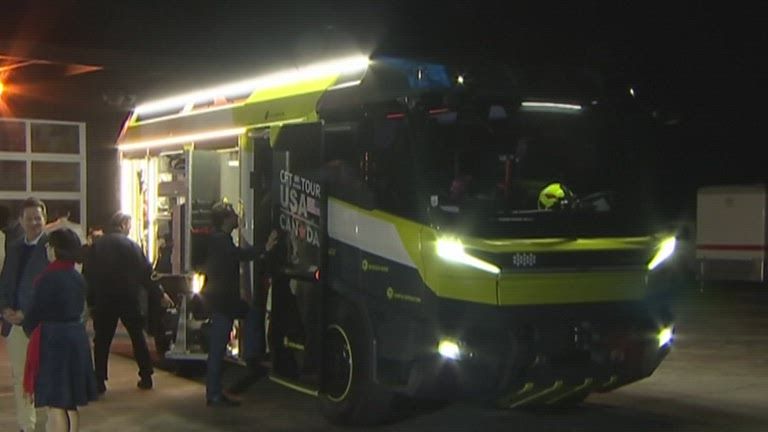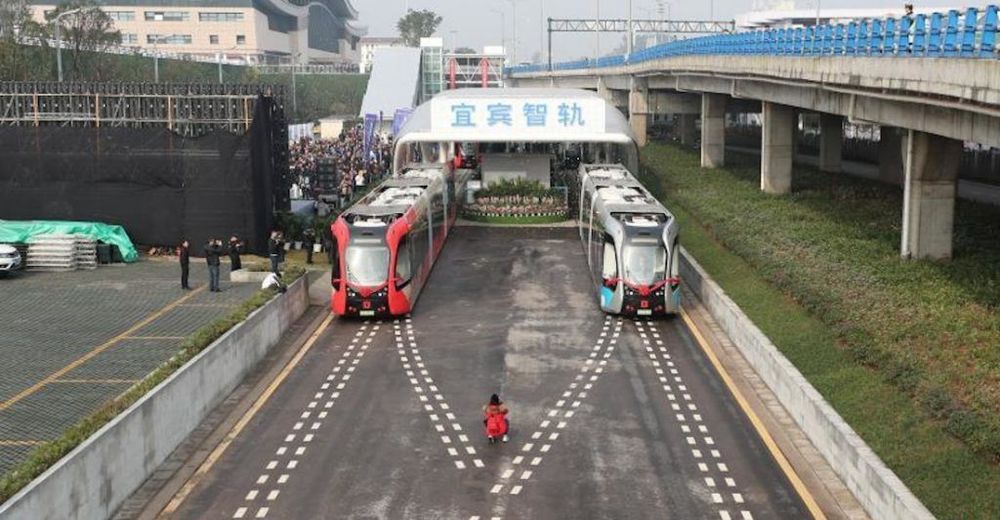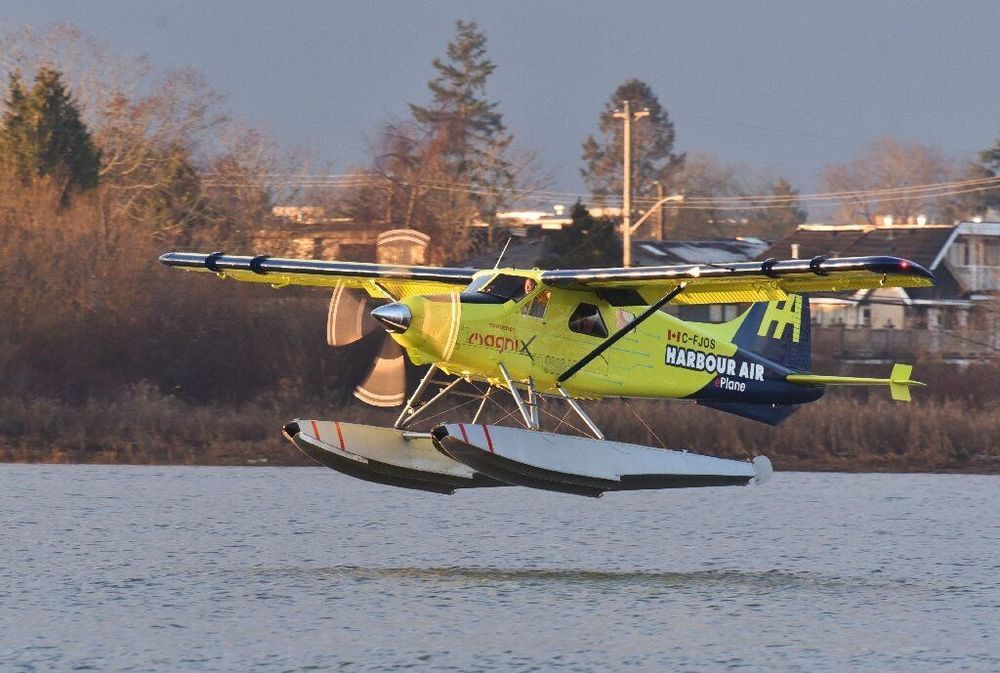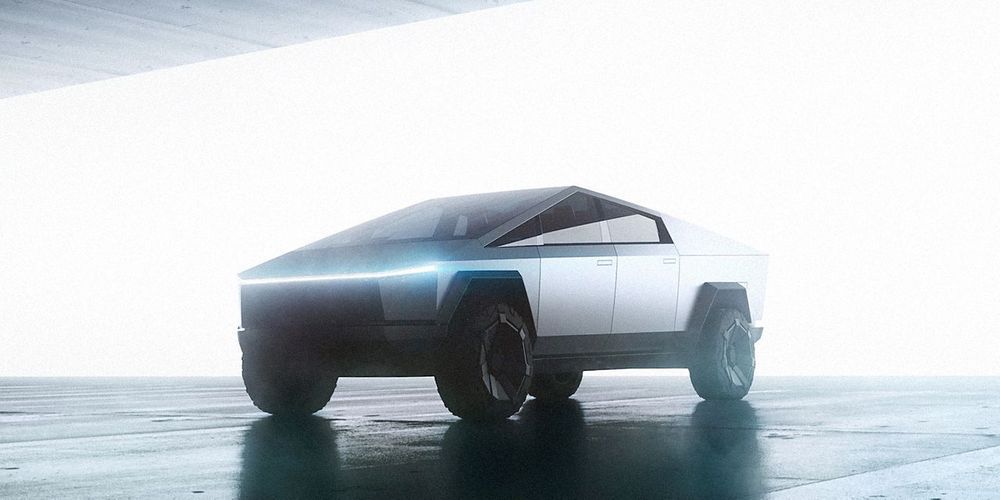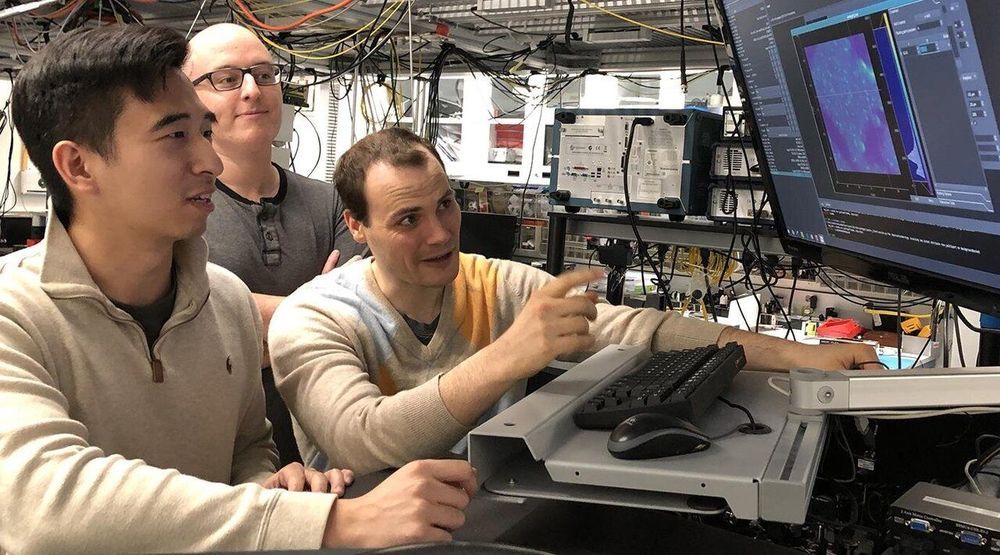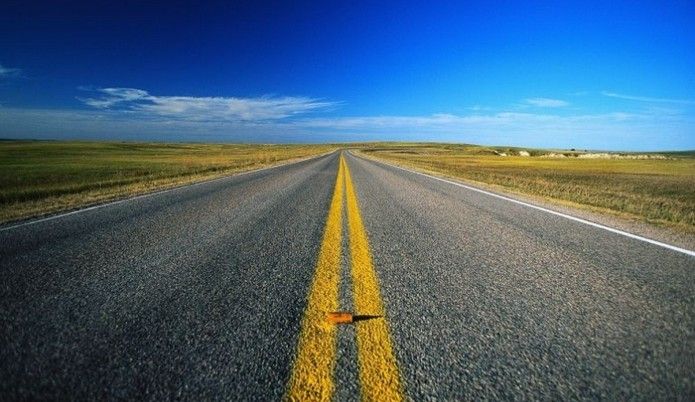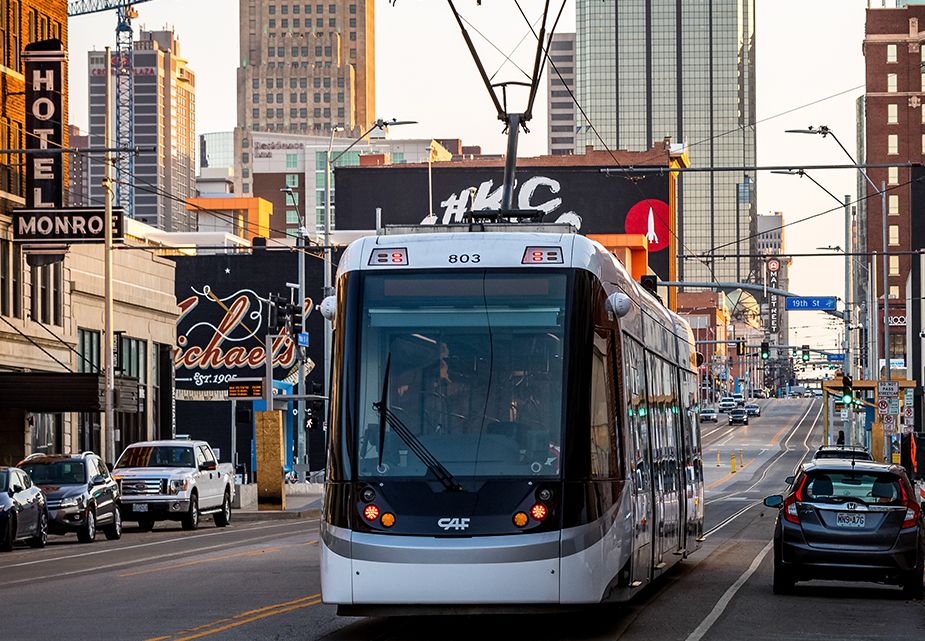In 1893, Japanese entrepreneur Kokichi Mikimoto succeeded in creating the world’s first cultured pearls in the coastal city of Toba, Mie Prefecture. Mikimoto changed the world of jewelry and launched a new industry. Today, steps away from the island where Mikimoto created the pearls, Toba is aiming to launch another new industry: flying taxis to offshore settlements. Earlier this year, NEC showed off its eVTOL flying car concept, which hovered 3 meters off the ground for about a minute. These developments are part of a global push to develop autonomous aircraft that could become a $1.5 trillion market by 2040, according to Morgan Stanley Research.
